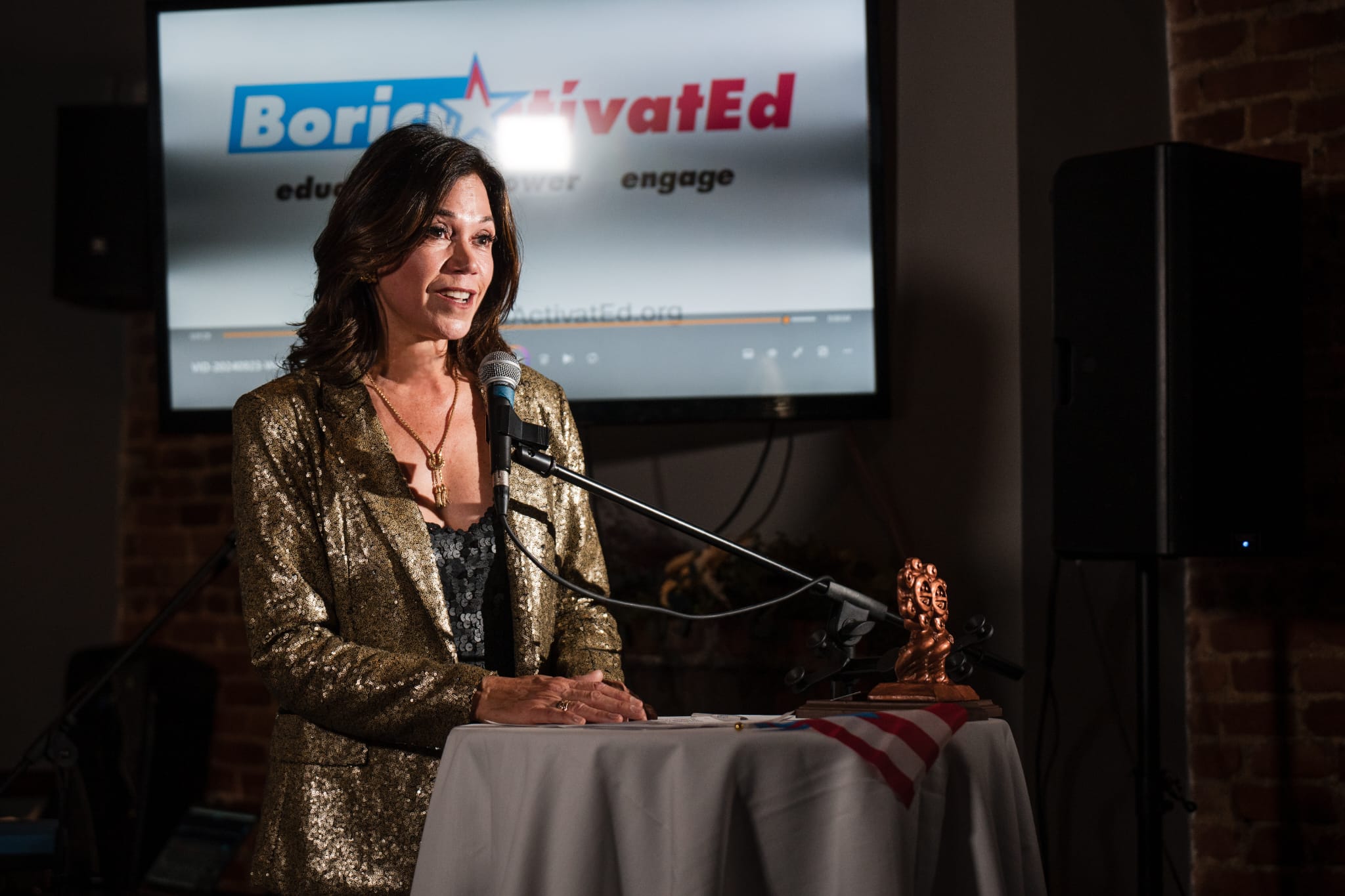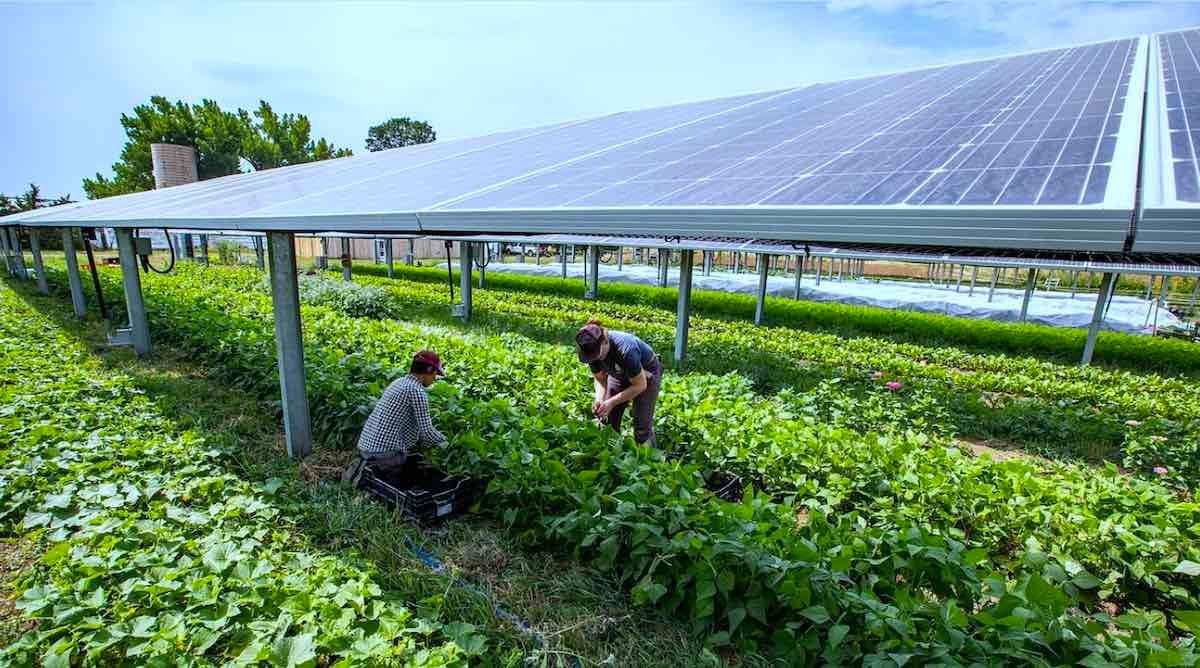Puerto Rico coronavirus statistics for September 28
According to the Puerto Rico Health Department, 47,422 people are believed to have been infected with COVID-19, an increase of 4,946 since last week, when the total was 42,476. This represents a slight increase in the rate of cases than was observed in the week between September 14 and September 21, during which 4,726 new cases were recorded. The death toll is currently 609, with 39 of those having occurred in the week between September 14 and September 21.
Beginning on June 11, the Health Department changed the way it recorded cases,splitting them between confirmed cases (as determined by molecular diagnostic testing) and probable cases (as determined by serological, non-diagnostic testing). Viewed through that prism, Puerto Rico currently has 23,357 confirmed cases of COVID-19 (an increase of 3,046 over the past week) and 24,065 probable cases (an increase of 1,900 over the past week).
There are currently 339 people hospitalized due to COVID.
Multiple incidents this week highlight the patchwork, disorganized nature of the response to COVID on the institutional, corporate and individual levels. Two people with signs of COVID, who eventually tested positive for the virus, were allowed into the Island despite visible evidence of the sickness, with the relevant authorities in Puerto Rico only notified days after their entry. Quest Diagnostics, which has a $7.5 million dollar contract with the Puerto Rico government for COVID-19 testing, was found to have produced a considerable number of tests with false positives, causing the Puerto Rico Department of Health to suspend testing with the company. Meanwhile, three businesses—two restaurants and one Costco—suspended operations this week, after they were found to have violated COVID-19 protocols.
Congressional hearings on Puerto Rico status postponed indefinitely
The House Natural Resources’ committee hearing on Puerto Rico’s status, Puerto Rico’s Options for a Non-Territory Status and What Should Happen After November’s Plebiscite, which had been set for September 25, was indefinitely postponed just a day prior.
A press release from the Natural Resources Committee noted that the “Committee is seeking the best available information on non-territory status options for Puerto Rico and recommendations to advance Puerto Rico’s decolonization. The best way to get that information is through an open, fact-based discussion as free of personal political agendas as possible.”
According to El Nuevo Día, the postponement was due to differences between the two parties regarding the ideological makeup of the witness list. The second panel would have featured Alexandra Lúgaro, cofounder of the Movimiento Victoria Ciudadana; Senator Juan Dalmau (PIP); Mayor Carlos Delgado Altieri, president of the Popular Democratic Party (PDP); and Pedro Pierluisi, president of the New Progressive Party and current New Progressive Party candidate for Puerto Rico’s governorship, who was to appear as a minority witness.
It was this second panel that, according to El Nuevo Día, created a point of contention: after the Republican minority called on Pierluisi to be called as a witness, the Democratic majority decided to also invite gubernatorial candidates from three other parties. Subsequently, Republicans insisted that former Puerto Rico governor and resident commissioner, Luis Fortuño, also be called to testify. Faced with the prospect of featuring political candidates less than two months before Puerto Rico’s latest referendum on status, the Committee chose to postpone the hearing. Last week’s hearing would have been the first held by the Natural Resources Committee on Puerto Rico’s status in the last five years.
Poll: majority of U.S. voters support statehood for Puerto Rico
Some 59% of U.S. voters support giving statehood to Puerto Rico and Washington, D.C., a New York Times/Siena College poll found. Most supporters are Democrats or independents, who favor statehood 77% to 9% and 70% to 20% respectively, while a majority of Republicans—51%—oppose it. The poll did not ask people to opine on the territories individually.
While statehood for D.C. has been fairly uncontroversial in Democratic circles—a bill to do so passed the House in June—Puerto Rico’s case is significantly different, given its century as a territory of the United States and Puerto Ricans’ divergent feelings on the matter. In fact, U.S. voters support statehood in greater numbers than do members of the Puerto Rican diaspora: a poll by the Center for American Progress Action Fund released this week found that only 48% of Puerto Ricans are in favor of statehood, and then only when weighed exclusively against independence or the status quo.
2020’s heavy seismic activity continues as a more than a dozen tremors rock Island over weekend
Puerto Rico Seismic Network recorded a magnitude 4.1 tremor early Sunday morning, the strongest in more than a dozen seismic shifts to take place on the Island during the weekend. It was felt most strongly near Lajas, in the Island’s southwest region.
As Victor Huérfano, director of the Seismic Network, indicated, these tremors are part of the same pattern of activity that left many homeless in January. So far this year, a tremor of 4.0 magnitude or stronger has been felt at least once every month, and Húerfano has warned that the current wave of tremors could last for years.
Share
STAY IN THE LOOP
Subscribe to our free newsletter.
La organización BoricuaActivatEd celebró su séptimo aniversario con reconocimientos al líder de la red evangélica Esperanza y de la comunidad boricua de Filadelfia, Luis Cortés, y el legendario artista Antonio Martorell. Cortés, premiado por su
tudy: Economy leading factor for Puerto Ricans moving to Florida A new survey unveiled Monday in Washington, D.C. sheds new light on factors contributing to Puerto Ricans moving to the state of Florida. The Puerto
New federal funds for solar, battery storage announced The Department of Energy (DOE) on Thursday announced a conditional commitment to finance new solar and battery storage facilities on the southern coast of Puerto Rico. The investment




